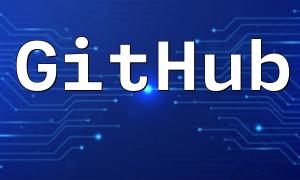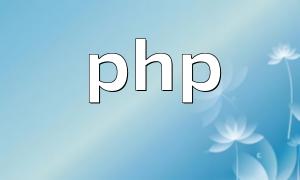In modern web development, performance is a key factor in enhancing user experience. Laravel, as a popular PHP framework, includes a powerful caching mechanism that effectively reduces database load, accelerates data retrieval, and improves overall application responsiveness.
Laravel supports multiple cache drivers, such as file, database, Redis, and Memcached, allowing developers to choose based on project requirements. After configuring the cache driver, you can store cached data with simple code like this:
<span class="fun">Cache::put('key', 'value', $minutes);</span>Here, 'key' is the cache identifier, 'value' is the cached content, and $minutes specifies the cache expiration time.
Reading cached data is just as easy:
<span class="fun">$value = Cache::get('key');</span>If you need to remove a cache entry, use:
<span class="fun">Cache::forget('key');</span>This flexible approach is suitable for various scenarios such as storing user sessions, caching product lists, or complex query results.
Laravel supports cache tagging, which helps organize related cache items for better management. For example, you can tag cache entries like this:
<span class="fun">Cache::tags(['category', 'product'])->put('product_list', $products, $minutes);</span>Later, you can clear caches by tag easily:
<span class="fun">Cache::tags(['category'])->flush();</span>
To avoid unnecessary database queries, check if the cache exists before querying, and cache the result if missing:
<span class="fun">$products = Cache::remember('product_list', $minutes, function () { return Product::all(); });</span>This method significantly improves data access efficiency and reduces database load.
Mastering Laravel caching techniques can greatly enhance application performance and responsiveness. Whether it is basic key-value caching or flexible tag management, Laravel offers diverse solutions to support efficient development and high-concurrency scenarios.
We hope this article helps you fully utilize caching mechanisms in your Laravel projects, improving your overall development experience and application quality.









